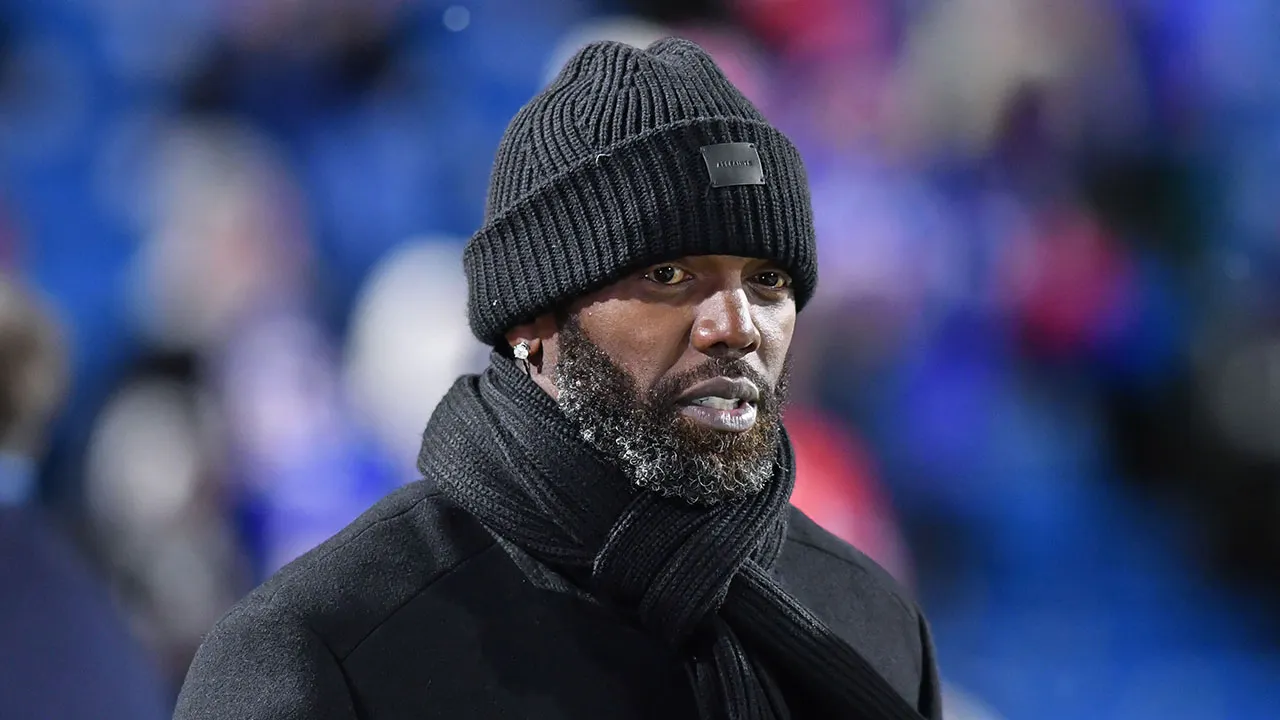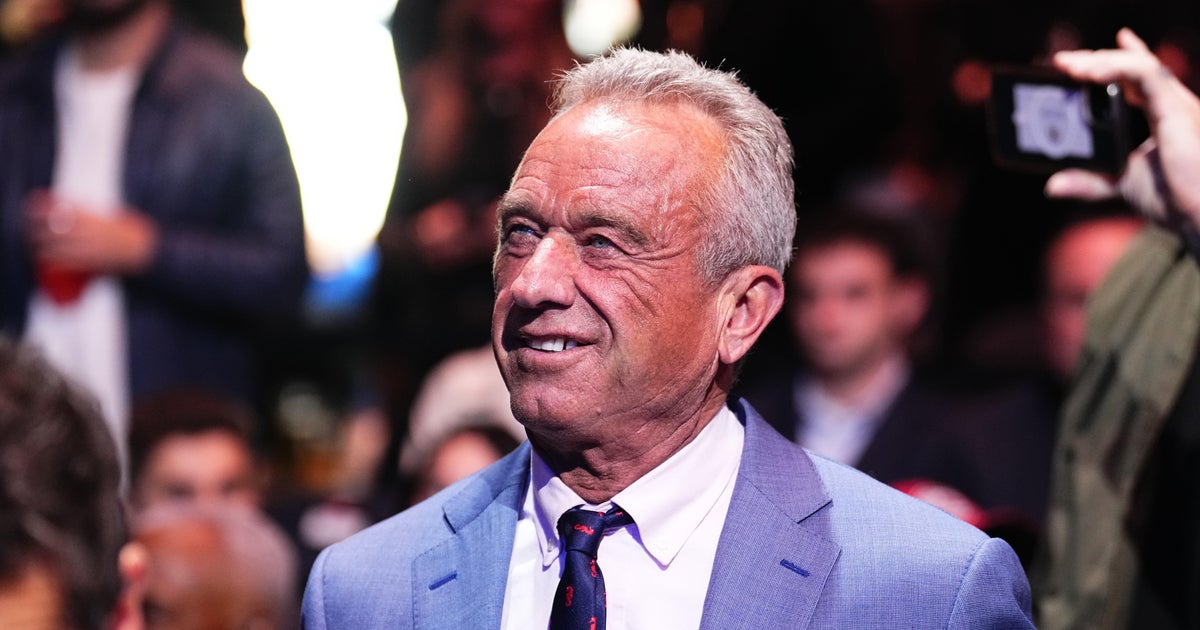Anger over the campaign’s enormous civilian collateral is increasingly directed at the United States, not just at Israel, and has been a constant source of friction throughout Secretary of State Antony Blinken’s travels in the Middle East and Asia over the past week. Prime ministers and diplomats have admonished him over Israeli actions, with many charging that the attacks are facilitated by U.S. weaponry and that efforts to push for “humanitarian pauses” rather than an enduring cease-fire is a formula for continued violence against noncombatants.
“The whole region is sinking in a sea of hatred that will define generations to come,” said Jordanian Foreign Minister Ayman Safadi, speaking alongside Blinken in Amman. He called for Washington to put a halt to Israeli attacks on civilians. “The U.S. has a leading role to play in these efforts. And on it and on all of us fall the very heavy responsibility of ending this catastrophe.”
Blinken’s conversations with Israeli leaders also were tense, as Prime Minister Benjamin Netanyahu and his top lieutenants ceded little ground to U.S. concerns about civilian safety, maintaining that Hamas operatives are hiding among innocent bystanders in Gaza. Even in Tokyo, at a gathering of nations typically supportive of the United States, foreign ministers had contentious conversations about the U.S. handling of the Gaza crisis, although the European Union’s chief diplomat, Josep Borrell, directed most of his ire at his German counterpart for taking the U.S. side rather than backing Borrell’s effort to deliver a sharper call to Israel to halt its offensive. French President Emmanuel Macron later broke with the U.S. position, calling for a cease-fire.
As massive pro-Palestinian demonstrations were held throughout the world, hundreds of thousands of people in Indonesia, Pakistan and elsewhere took aim at Israel and its American backers for the death toll, which has surpassed 11,000 Palestinians, many of them children, according to the Hamas-controlled Gaza Health Ministry.
Biden administration officials acknowledge the challenge they face while balancing between support for Israel and the steep civilian toll in Gaza. Officials say they are hopeful that if the Israeli response ends quickly — say, by the removal of top Hamas leadership — then the long-term implications for the United States will be lower. There is hope, too, that instances of unintended death and injury will diminish as the bombing campaign is supplanted by ground operations, even as Blinken expresses a sense of urgency over civilian safety.
American concerns about waning influence in the Middle East long predate the Oct. 7 Hamas attack on Israel that left 1,200 dead, but the current situation will probably accelerate and deepen the fallout, analysts said. And the close ties between the United States and Israel over the approach in Gaza has left Arab leaders unwilling to be seen doing any favors for Washington.
“What the Americans are doing now, this policy, is damaging them. At least 1.3 billion people in the world are going to hate them,” said Gen. Abbas Ibrahim, a former top Lebanese official who has been involved in negotiations to secure the exit of foreign nationals trapped in Gaza. “And it’s not just about Muslims anymore. There are people demonstrating all over the world.”
He said that he relayed as much, bluntly, to U.S. officials who traveled to Beirut in recent days as part of the diplomacy to avert a wider regional conflict. They “didn’t answer,” he said. “This is their policy. But they are wrong.”
The anger toward Washington has given Russia and China an opening to portray themselves as defenders of Palestinians, boosting their image in the developing world and using their propaganda outlets to amplify the connection between the United States and Israeli actions in Gaza. Moscow hosted senior Hamas leaders last month, earning praise from the organization and condemnation from Israel.
For a world already split over Russia’s invasion of Ukraine, the Gaza crisis is offering fodder, for those who want to seize it, that Western nations care more about the deaths of White Christian Ukrainians than non-White Muslims in the Middle East.
“There’s something happening in terms of the reaction to this crisis that is unlike anything I can remember in recent years, maybe even dating back to the Gulf War and other episodes of U.S. policy in the Middle East,” said Suzanne Maloney, director of the foreign policy program at the Brookings Institution.
“There’s a sense” in the developing world that there is a “double standard in terms of victims,” she said — an unfair perception, she added, given that Russia invaded a weaker neighboring country that did not pose a security threat, leading to the deaths of Ukrainian civilians, while Israel is responding to an ongoing threat from Hamas following an attack.
Still, the war’s toll has put U.S. officials in an untenable position. Many privately acknowledge their discomfort with Israel’s targeting of Hamas positions within groupings of civilians. Blinken has repeatedly publicly declared his pain at seeing imagery of Palestinian children being pulled from rubble — which the father of two young children also mentions in his closed-door meetings with fellow top diplomats, officials say.
And over the course of his travels in recent days, he has considerably sharpened his tone as Netanyahu slow walked efforts that would ease the humanitarian disaster.
“Far too many Palestinians have been killed. Far too many have suffered these past weeks, and we want to do everything possible to prevent harm to them,” Blinken said Friday in New Delhi, at the conclusion of a nine-day tour that stopped in eight countries and the West Bank.
At the outset of his travels, when Blinken met with Netanyahu and other Israeli leaders in Tel Aviv, he told them that there could not be another week of carnage such as the one that had just occurred, with scores of refugees dead when their camps were bombed, dwindling supplies of food and water, and communications cutoffs that impede ambulances from reaching the injured.
Prolonging civilian suffering, U.S. officials say, risks radicalizing young Palestinians and heightening the chances of a regional war if Iran and its proxy forces feel a need to respond.
But the administration faces a complicated task in how it frames its message to the Israelis publicly, in part because it doesn’t want to be seen as denying support to an ally in its moment of need. “The real work of diplomacy doesn’t happen in the public statements, it happens behind the scenes,” Maloney said. “We’re in this place where people are reacting to the public rhetoric and not to the results of the private advocacy.”
The Israeli government says that when it has hit camps, ambulances and areas near hospitals, the intended targets are Hamas operatives or infrastructure. U.S. officials say they back Israel’s intelligence informing those strikes, but they have pushed its leaders to change their calculus about how many civilian deaths are acceptable in exchange for each high-value Hamas target. Israel has a far greater tolerance for collateral civilian deaths than does the United States, say U.S. officials who have discussed the issue with the Israelis.
Yet no matter how hard the Biden administration pushes Israel, the White House is unlikely to break free from assuming blame for its most divisive actions on the battlefield, analysts said, invoking images of the bear hug that the U.S. president gave to Netanyahu on his visit to Israel soon after the Hamas attack.
“There is a degree to which people in the Arab world and the Global South are drawing a line between Gaza destruction and the presidential embrace of Prime Minister Netanyahu,” said Jon Alterman, director of the Middle East program at the Center for Strategic and International Studies, using a phrase, Global South, that refers to many of the nations of Latin America, Middle East, Asia and Africa.
“There’s a way that the United States is hitched to what the Israelis want to do, whether the United States wants to do it or not,” he said.
With protests flaring around the world and some countries withdrawing their ambassadors from Israel in protest, the frustration extends far beyond the immediate region. In Malaysia, for instance, Prime Minister Anwar Ibrahim said at a pro-Palestinian rally last month that the invasion of Gaza was the “height of barbarism.”
His response has been an effort to shore up domestic support among Islamists, but it is also a reflection of popular sentiment in Malaysia, where perceptions of Israel and of the United States are at an “all-time low,” said Bridget Welsh, an honorary research associate with the University of Nottingham Asia Research Institute-Malaysia.
The Biden bear hug isn’t just symbolic, officials say, and the decision to unwaveringly back Israel is coming from the top. Even if Biden’s Democratic coalition is increasingly uncomfortable with the scale of Palestinian losses, he faces little pressure from Congress to shift course, officials familiar with the situation say.
Nor is it obvious that the United States has leverage to halt the Israeli assault, even though it is Israel’s biggest military backer. The Biden administration believes that Israel has a sufficient arsenal already in hand for it to complete its objectives in Gaza, officials said, meaning that even if U.S. military aid were cut off immediately, Israel would likely keep up its assault. U.S. help would become more paramount in the event of a two-front war.
Senior administration officials say that sometimes Washington’s role is not to be loved, but to be effective. During Blinken’s trip — his second visit to the region since the crisis began — Israeli officials asked U.S. diplomats to push Arab leaders to give them space. Arab leaders, in turn, told the Americans that if they did not get the Israelis to pay more attention to humanitarian concerns, the outrage among their own populations would proliferate.
Neither side declared much appreciation for U.S. policies — but they also said that they felt that the Americans were the only interlocutors who could effectively pressure the other side.
“American power is going to be assessed not by how this starts,” Alterman said, “but how this ends.”
Rebecca Tan in Singapore and Liz Sly in Beirut contributed to this report.














































